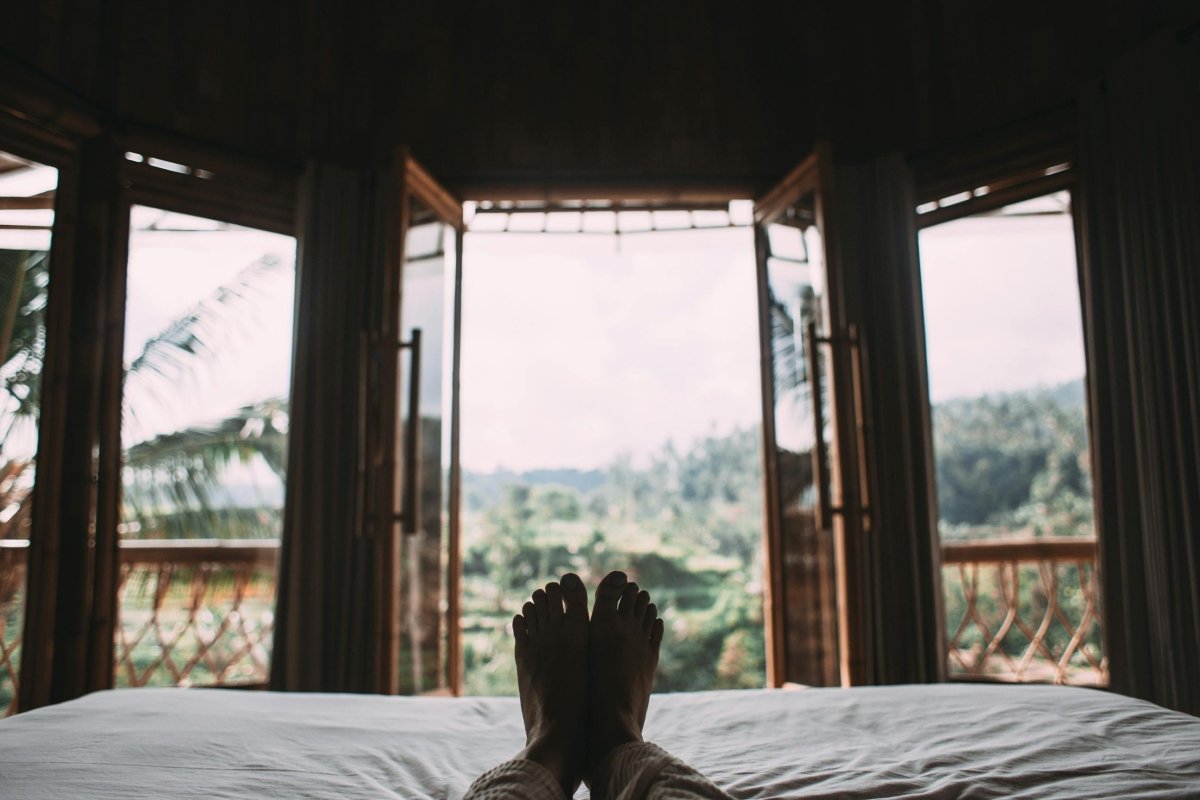
Understanding Morning Moods: The Key to a Brighter Start
Have you ever found yourself waking up on the wrong side of the bed, feeling groggy, irritable, and out of sorts?
Of course, you have. You may be reading this on one of those mornings.
Unsurprisingly, the mood with which we greet the morning can significantly impact our productivity and overall wellbeing throughout the day. But what exactly causes these morning mood swings, and how can we adjust our sleep to ensure a more pleasant awakening?
The Science Behind Morning Mood Shifts
Our morning moods are intricately linked to our sleep cycles and circadian rhythms. During the night, our bodies go through various stages of sleep, including light sleep, deep sleep, and REM sleep.

Waking up during the wrong stage of the sleep cycle can leave us feeling disoriented and dizzy, setting the tone for a less-than-ideal start to the day.
Becoming a Morning Person: Adjusting Your Sleep for Better Mornings
So, can we become morning people and banish grumpy wake-up calls? There may be some hope there.
The key lies in understanding our natural sleep cycles and optimising our sleep environment for a smoother transition from sleep to wakefulness.
The Role of Sleep Shifts in Improving Mood and Appetite
Sleep shifts can affect our mood, appetite, and overall health. Research has shown that inadequate sleep can disrupt hormone levels responsible for regulating hunger, leading to increased cravings for unhealthy foods and weight gain.
By prioritising quality sleep and maintaining a consistent sleep schedule, we can help regulate these hormone levels and support overall wellbeing.
1. Prioritise Consistency in Sleep Schedule
Consistency is vital in regulating our internal body clock. Going to bed and waking up at the same time every day helps synchronise our circadian rhythms, making it easier to fall asleep and wake up refreshed. Aim for seven to nine hours of sleep each night to optimise your sleep duration and quality.
2. Create Relaxing Bedtime Practices
A calming bedtime routine signals your body that it's time to wind down and prepare for sleep.
Avoid screens and stimulating activities before bedtime, as the blue light emitted by devices can suppress the production of melatonin, the hormone that regulates sleep.

Instead, choose soothing activities like reading, gentle stretching, or practising relaxation techniques such as deep breathing or meditation.
3. Create Your Sleep Haven
Transform your bedroom into a sleep haven and optimise your sleep environment.
- Keep your bedroom cool, dark, and quiet to promote restful sleep.
- Invest in a comfortable mattress and pillows that adequately support your body.
- Consider using white noise machines or earplugs to block out disruptive sounds that may interfere with sleep.
-
Limit Caffeine and Alcohol Intake
While a morning cup of coffee may be a staple for many, consuming caffeine late in the day can disrupt sleep patterns and contribute to morning grogginess. Similarly, alcohol may initially make you feel drowsy, but it can disrupt the quality of your sleep, leading to fragmented sleep and early morning awakenings. Limit caffeine and alcohol intake, especially in the hours leading up to bedtime, to promote better sleep quality.
-
Get Moving in the Morning
Physical activity can help kick-start your metabolism and boost your mood in the morning. Incorporate gentle stretching, yoga, or a short walk into your morning routine to get your blood flowing and energise your body and mind. Exposure to natural light in the morning can also help regulate your internal body clock and promote wakefulness.































